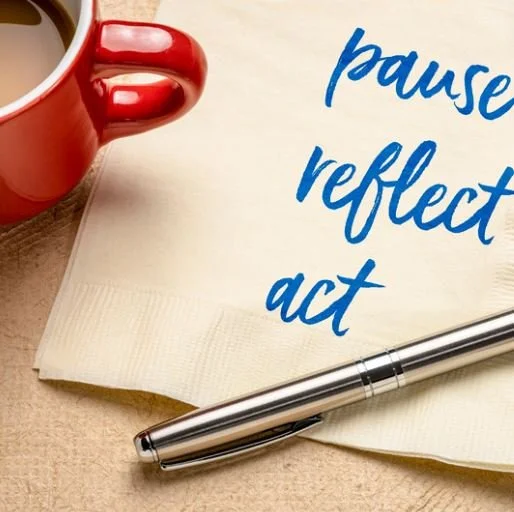Permission to Pause: Why Breaks in Separation Anxiety Training Are Okay
Living with a dog who has separation anxiety can be incredibly stressful. It’s not just about managing your dog’s anxiety; it often brings a sense of isolation. Many clients describe feeling like prisoners in their own homes. Families with dogs suffering from separation anxiety can't easily take vacations, spontaneously go out for dinner with friends, or even dash out for a quick coffee on a Sunday morning.
While separation anxiety training is effective, it can feel slow-moving and exhausting when all you want is to return to your normal routine. I often remind people to think of training as a journey that spans several months rather than something measured in days or weeks.
The intense effort required, coupled with the restrictions on your freedom, can lead to feelings of resentment toward your dog or even family members. If you're feeling overwhelmed, it's perfectly okay to take a step back. Giving yourself permission to pause for a week or two and reset your mindset is not only reasonable but often necessary. It's okay if your mind is still in the game, but it feels like your dog is regressing. It’s also okay to lean more on your friends, family, and especially your dog trainer—reach out for guidance and support. Remember, what you're doing is incredibly challenging, but it's also life-changing. If you need to sit this inning out to win the game, we encourage you to do so. Separation anxiety training is a marathon, not a sprint.
Signs You May Need a Break from Separation Anxiety Training
You’re focused solely on the negatives instead of the positives. If your dog hasn’t hit their alone-time goals, it might be time to adjust your thinking. Consider celebrating smaller victories rather than the end goal—check out this blog post on alternative ways to recognize progress!
You dread daily training exercises. Consistent training is key to overcoming separation anxiety, but it's understandable that the daily grind can start to wear you down. If you find yourself dreading the thought of yet another training session, struggling to muster the energy, or even feeling a sense of burnout, it's a sign that you may need a break. This dread can create a negative association with the training process for both you and your dog, making the sessions less effective and more stressful.
Taking a few days off isn't just a chance for you to recharge—it's also an opportunity for your dog to have a mental break. Dogs are incredibly perceptive, and they can pick up on your emotions. If you’re feeling tense or frustrated, your dog is likely to sense it, which can impact their progress. A brief pause can help reset this dynamic, allowing both of you to return to training with renewed energy and a more positive outlook.
Additionally, stepping away for a short time can be a good time for self-reflection. You may discover new ways to approach the exercises or realize that you’ve been putting too much pressure on yourself and your dog. This period of rest can lead to more effective, enjoyable training sessions in the future, ultimately speeding up your dog’s progress by making the process more sustainable for both of you.
Animosity is building toward family members. High levels of stress can strain relationships at home, causing tensions to flare up over even the smallest issues. You might find yourself feeling irritable or frustrated with those around you, which can lead to conflicts that only add to the overall stress. Taking a break from training can be crucial in these moments, giving everyone a chance to decompress and reconnect. By stepping back, you allow space for empathy and understanding to grow, helping to restore harmony in your household and making it easier to approach training with a fresh, united mindset.
Training a dog with separation anxiety is a demanding journey, one that requires patience, dedication, and compassion—not just for your dog, but for yourself as well. It's important to recognize that breaks are not setbacks; they are an essential part of the process. By giving yourself permission to step back when needed, you’re not only preserving your well-being but also setting the stage for more successful training in the long run. Remember, this is a marathon, not a sprint. Celebrate your small victories, lean on your support system, and know that it’s okay to pause and recharge. With persistence and kindness, both to your dog and yourself, you will reach the finish line.
For those who haven’t started their training journey yet, but are eager to dive deeper into our training approach or seek further insights into separation anxiety in dogs, I encourage you to explore our website, blog, or schedule a complimentary discovery call with our team. Together, we can work on helping you and your dog get your freedom back.
Everdog Training is located in Boston, MA, but accepts separation anxiety clients both nationwide and worldwide.


